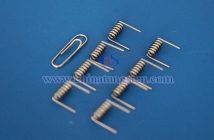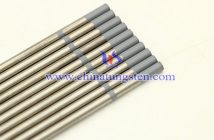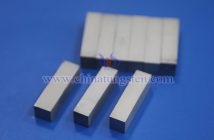Like sodium tungsten bronze (Na?WO?) and potassium tungsten bronze (K?WO?), ammonium tungsten bronze ((NH?)?WO?) is also a type of tungsten bronze. Although Na?WO?, K?WO?, and (NH?)?WO? share similar crystal structures, such as cubic or tetragonal forms, their physicochemical properties and applications differ slightly due to the varying elements added.
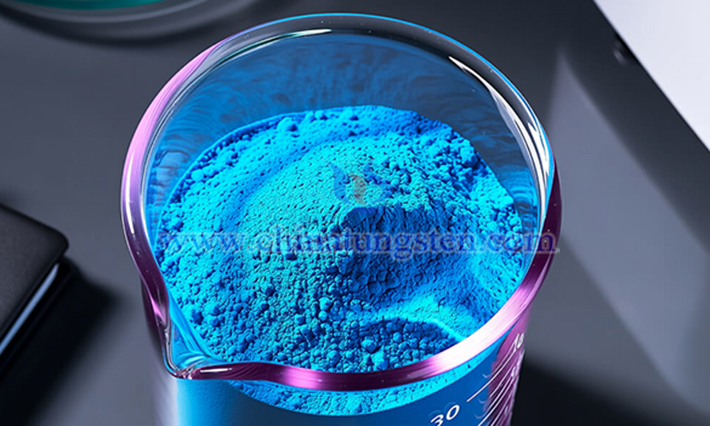
In terms of chemical composition, ammonium tungsten bronze is a non-stoichiometric compound composed of tungsten, nitrogen, hydrogen, and oxygen, known in English as ammonium tungsten bronze (ATB), with the chemical formula (NH?)?WO?, where x ranges between 0 and 1.
In terms of structure, ATB exists in two forms: hexagonal and tetragonal. The hexagonal structure consists of elongated, rod-shaped grains with sizes ranging from 80 to 500 nm, where the chemical valence state of tungsten includes both +5 and +6, making it suitable as blue tungsten in industrial production. The tetragonal structure has larger grains, lower ammonium content, smaller specific surface area, and weaker chemical activity.
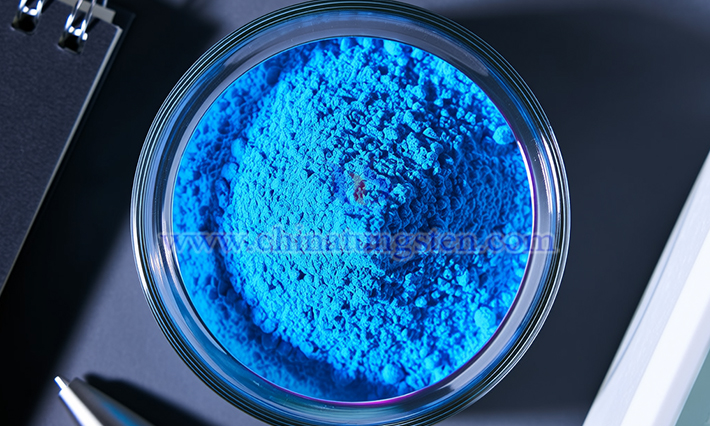
In terms of physicochemical properties, ATB appears as a blue powder with high chemical activity, large specific surface area, and strong reducibility. Note: The specific performance indicators of ammonium tungsten bronze vary with changes in the x value.
In terms of production methods, the preparation of ATB involves: first dissolving tungsten hexachloride in an oleic acid solution and stirring until uniform, then adding oleylamine and mixing thoroughly, finally transferring the mixture to a reactor for crystallization. After the reaction, the powder is centrifuged, washed, and vacuum-dried to obtain the desired product.
In terms of applications, ammonium tungsten bronze can be used as blue tungsten oxide and is also employed in the production of tungsten powder and tungsten carbide powder. Additionally, thin films containing ATB nanopowder exhibit high visible light transmittance along with strong ultraviolet and near-infrared shielding capabilities.

